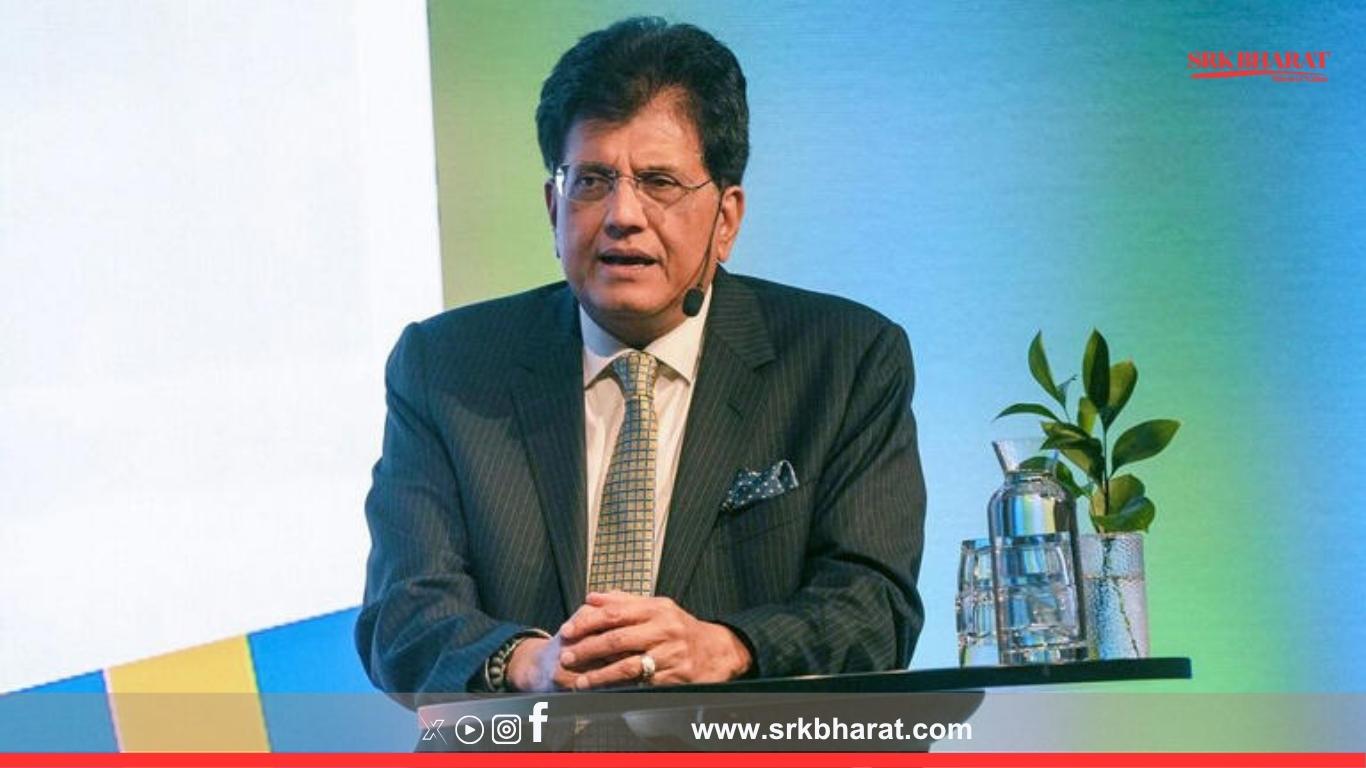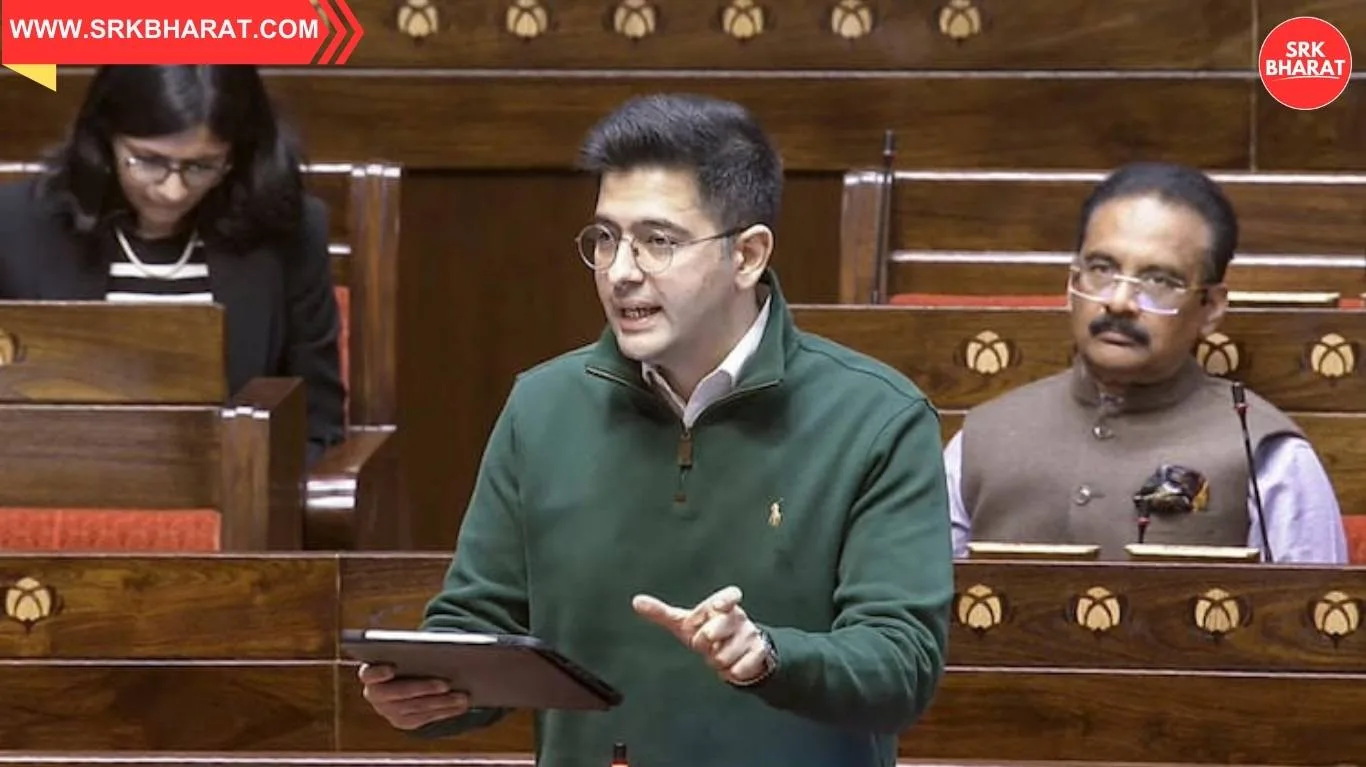In a landmark announcement aimed at accelerating India’s innovation and employment ecosystem, Union Commerce and Industry Minister Piyush Goyal unveiled a ₹3 lakh crore allocation to strengthen research, job creation, and startup development across the country. The comprehensive initiative is expected to transform India’s innovation landscape, positioning it among the world’s top three startup and research-driven economies within the next decade.
The mega plan: Breaking down the ₹3 lakh crore boost
During his address at the National Startup and Innovation Summit in New Delhi, Goyal detailed that the funding would be distributed strategically across three key pillars:
- Research & Development (R&D) – ₹1.25 lakh crore
- Job Creation & Skill Development – ₹1 lakh crore
- Startup Capital Infusion & Ecosystem Strengthening – ₹75,000 crore
This targeted allocation aims to create millions of new jobs, foster globally competitive startups, and enable India to lead in frontier technologies such as AI, green energy, quantum computing, and biotechnology.
Focus on research and innovation leadership
Goyal emphasised that ₹1.25 lakh crore has been earmarked exclusively for public and private R&D investments. The goals include:
- Establishing 10 world-class interdisciplinary research universities in partnership with top global institutions.
- Funding over 500 national-level research projects across health tech, defence innovation, renewable energy, and semiconductor manufacturing.
- Incentivising industry-led R&D with up to 200% weighted tax deduction on eligible research expenditure.
- Launching National AI Mission 2.0, expanding compute infrastructure, AI startup funding, and sectoral AI use-case deployments.
“Innovation will be India’s biggest soft power in the Amrit Kaal. We want to empower every scientist, engineer, and researcher to create solutions for India and the world,” Goyal said.
Massive boost to job creation and skill development
Under the ₹1 lakh crore employment and skilling plan, the government will:
- Expand PM Kaushal Vikas Yojana (PMKVY) 4.0, targeting training for 1.5 crore youth in advanced manufacturing, AI, drone technology, robotics, and green jobs.
- Launch Skill India Global Mobility Alliance, facilitating 50 lakh skilled Indian workers to secure jobs in Europe, Japan, Middle East, and ASEAN markets.
- Support establishment of Mega Skill and Entrepreneurship Clusters in tier-2 and tier-3 cities to create localised job hubs.
- Introduce Apprenticeship Incentive Scheme 2.0, covering 75% stipend support for first-year apprentices in MSMEs.
Catalysing India’s startup ecosystem
The announcement includes ₹75,000 crore dedicated to startup capital infusion and ecosystem development, with the following measures:
- Expansion of Startup India Seed Fund Scheme, targeting 20,000 new startups by 2030.
- Creation of a National Scale-up Fund with a ₹40,000 crore corpus to provide growth-stage equity for Indian startups, preventing forced foreign exits.
- Setting up 50 new incubators and accelerators across underserved states such as Bihar, Odisha, Jharkhand, and Northeastern regions.
- Simplification of angel tax norms and relaxation of regulatory compliance for DPIIT-recognised startups.
- A new Startup Credit Guarantee Scheme with ₹5,000 crore allocation to ensure collateral-free institutional credit access.
Projected impact of the initiative
| Pillar | Budget Allocation | Expected Outcomes By 2030 |
|---|---|---|
| Research & Development | ₹1.25 lakh crore | India in global top 3 for patents filed annually; doubling of STEM PhD graduates |
| Job Creation & Skilling | ₹1 lakh crore | Over 5 crore new jobs created, 1.5 crore youth upskilled |
| Startups | ₹75,000 crore | 20,000 new startups, 50 unicorns added, enhanced global scale-ups |
Industry and academic reactions
The announcement was widely welcomed by industry bodies and academia:
- NASSCOM praised the AI and quantum computing focus, stating it would “position India as an emerging global AI powerhouse.”
- CII President Rajiv Memani noted that the manufacturing skilling initiatives will directly support India’s factory job creation goals.
- IIT Directors’ Council issued a joint statement welcoming the research university upgrades, calling it a “historic investment in India’s knowledge economy.”
Opposition’s cautious support
While opposition parties welcomed the announcement in principle, they urged timely and transparent implementation. Congress leader Shashi Tharoor stated:
“The vision is commendable, but the government must ensure allocations are not mere budgetary declarations without execution, especially for research grants and startup funding disbursements.”
Future policy roadmap hinted by Goyal
The minister also indicated upcoming policies that will complement the ₹3 lakh crore package:
- New Industrial Policy (NIP) 2025 focused on green manufacturing and digital trade.
- Ease of Doing Business 2.0 reforms, simplifying compliance for research-driven startups.
- Expansion of PLI schemes to sunrise sectors like batteries, hydrogen, biotechnology, and aerospace.
- National Science and Technology Mission, aligning research investments with strategic national priorities.
Global context: Competing with China and US innovation push
This mega funding announcement comes as India aims to:
- Reduce brain drain by providing competitive domestic research funding
- Enhance its share in global patents, where China and the US currently dominate
- Grow its startup ecosystem to rival global innovation hubs such as Silicon Valley, Shenzhen, and Tel Aviv
Final thoughts
The ₹3 lakh crore research, jobs, and startup boost unveiled by Piyush Goyal signals India’s strong intent to cement its place as an innovation-led knowledge economy in the coming decades. Effective execution of this initiative could not only accelerate GDP growth but also create inclusive employment, bridge skill gaps, and establish India as a global leader in next-generation technologies.
Disclaimer: This news article is for informational purposes only. It includes official budgetary announcements, policy outlines, and reactions from industry and political stakeholders based on public addresses and press releases. Final allocations, guidelines, and disbursements remain subject to government notifications and implementation mechanisms.











